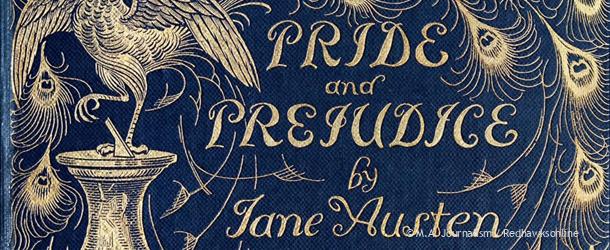A holiday break is an opportunity to choose your own reading; why not read something great?
“I grew up reading,” recalled Eric Gosset, a math and computer science professor at Bethel University. “I can remember when I was even in elementary school, or pre-reading age, my mom and I would walk down to the library, which was maybe three, four blocks away, and come back with a pile of books. And in the evening, my mom and dad and I would all just sit around in the living room and read.”
However, in a growing age of technology, people who choose to read books in their free time, especially the classic novels, are becoming hard to come by. Classic novels are books that many people have loved and cherished for decades, such as Great Expectations by Charles Dickens, To Kill a Mockingbird by Harper Lee, or Moby Dick by Herman Melville.
“I think people are maybe reading less because they can do other things, and reading takes a longer time to do,” said Minnehaha English teacher Robyn Westrem.
Sports, homework, clubs and church activities leave students with little free time, and most would not choose to spend the little time that they have reading a classic novel.
“I think that once students are told they have to read something and they are already really busy, it just sets up an antagonistic relationship to the book,” Westrem said.
But are classics being neglected more than other novels? Most high-schoolers would label a classic novel as boring, long and hard to understand. English class may be the only place a student reads one of these books, and because of this, they may develop a prejudice against all classic novels and avoid them completely.
While reading classic novels individually is important, some students may need to read in a group, such as in a book club or English class, to better understand the novel.
“There is value in going over a book together in a class or talking about it,” said Gossett.
Westrem also commented, “To have the opportunity to discuss, and think critically, and make connections with one piece of literature … teachers believe it is worth your time.”
These books are the kind that are full to the brim with information and show us a peek into past times and ages. They help us make connections with different parts of the world using history, cultural reference and old dialects.
Classic novels “show us the fundamentals of literature,” said Ava Perez Erickson, a freshman at Minnehaha. “They give us an insight into how (people) spoke back when they were written, and how the literature style has evolved throughout the years.”
Learning about past cultures is very important, but why learn it from a classic book when there are other sources at our fingertips? Movies, documentaries, and plays are all excellent resources to discover more about the history of American or other culture, but there is still something unique about getting your information from a book, even though it may take more time to do.
“A book requires the reader to actively participate to get anything out of it. You have to imagine the characters and picture the scenes. You can get a little bit more of their (character’s) motivations often from a book, but it takes more effort, I think,” Gosset said. “But, it pays off really well if you’re willing to take that effort.”
Classic books can also be very entertaining, depending on the book and the interests of the reader.
“In general, what I find I like about reading classic novels is that often you get to explore the interior life of another person,” said Gossett. “You get to participate in the thoughts and feelings of another person, to see other places and other times, and also, you can vicariously see how other people’s choices in life play out.”
With Christmas break just around the corner, it’s the perfect time to kick back with a mug of cocoa and a great novel. But how do you choose which classic to read? While all classic books have something unique to offer, some may be difficult to tackle, especially if it is your first time reading one individually. Many of the classics are frequently recommended to first time readers who are looking for a book that is entertaining, but not too challenging to read.
“I recommend seeing Shakespeare, and then if you like it or if the language intrigues you, pick up the play,” Westrem said. “One novel that would be really interesting to include, or might be a very interesting read is George Orwell’s Animal Farm.”
Gossett recommended The Princess and Curdie by George MacDonald for students. “It’s a much quicker, shorter read” than many other classics, he said, though he likes them, too. “Certainly one of the books that really lit me off when I was in high school was The Lord of the Rings [by J.R.R. Tolkien]. When I got to the third volume (The Return of the King), I started it one day and read clear through the night … just couldn’t put it down.”
Perez Erickson recommended Charlotte Brönte’s Jane Eyre or Tolstoy’s Anna Karenina.
“You have to really dig into the books,” she said, “but they have a lot of plot depth and they’re so interesting to read because they catch you and they drag you in.”
Instead of going on a Netflix binge during all of your free time on the holiday break, maybe it’s time for you to dig into a novel and enjoy some amazing literature. Classics offer the chance to look back on different times in our history, and to remember inspirational authors.
Classic books, Gossett said, give you “a chance to explore or think about life that is very different from your own in many cases. You find out about other worlds.”

